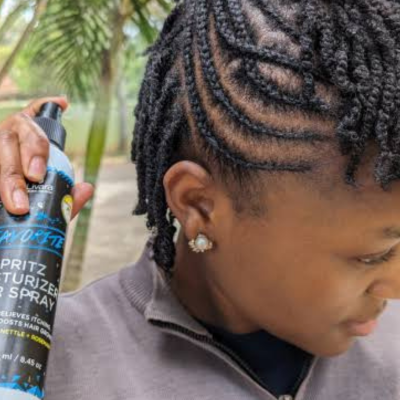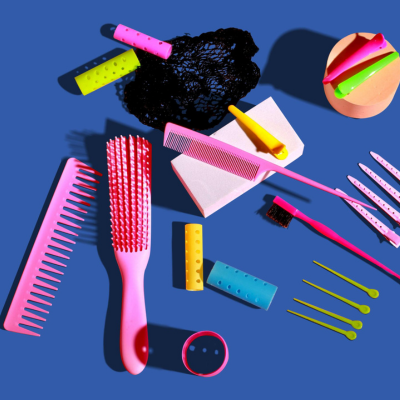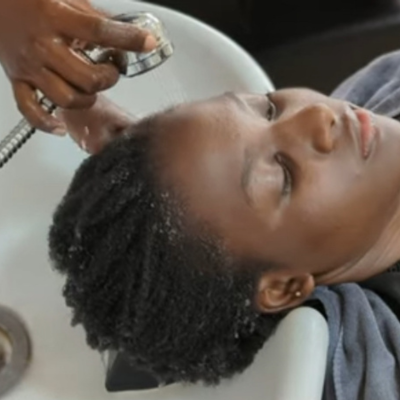- Support 24/7
- +1 (480) 468-4543
- livara@mylivara.com
Rice Water and Low Porosity Hair: What You Need To Know

How To Give Your Hair A Boost With Steaming
July 8, 2024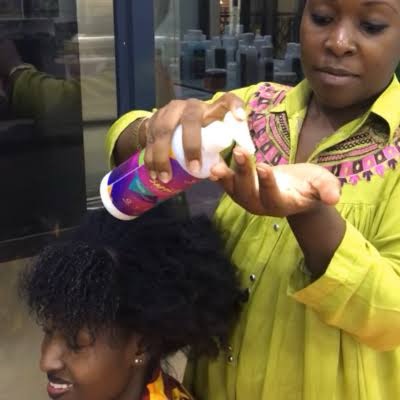
The Truth About Sleeping with Deep Conditioner
July 10, 2024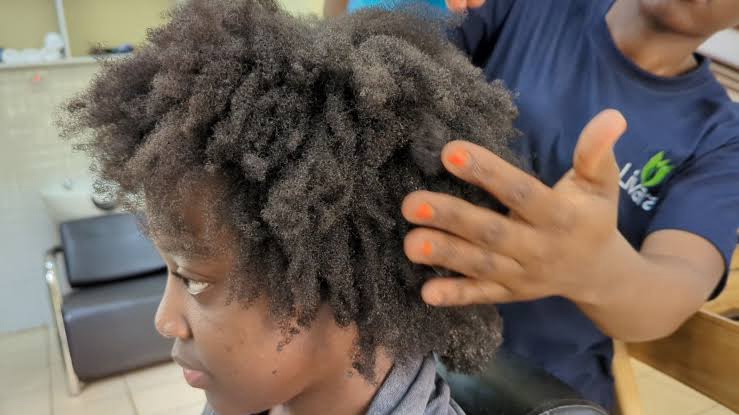
At least every natural has thought about using rice water at some point. We’ve all had our YouTube natural hair DIY era, with rice water being one of the most tempting concoctions to try. The allure is undeniable—those tempting pictures of the Yao women with their incredibly long and flowy hair can make anyone want to give it a shot. It’s hard not to get excited about the possibility of achieving similar results. But while rice water might work wonders for their 1a hair, the story can be quite different for those of us with low porosity hair, especially the tighter curls of 4c hair.
If you’ve spent any time in the natural hair community, you know the drill: endless tutorials, blog posts, and testimonials about the miraculous benefits of rice water. But does this ancient remedy live up to the hype for everyone? Spoiler alert: the answer isn’t as straightforward as we’d like. Low porosity hair presents unique challenges that make the rice water journey a bit more complicated.
Understanding Low Porosity Hair
Before we dive into the nitty-gritty of rice water, let’s take a moment to understand what low porosity hair really means. Picture your hair cuticles as tiny roof shingles, tightly overlapping to form a strong barrier. While this sounds great for protection, it also means that moisture and nutrients struggle to penetrate the hair shaft. The result? Hair that can often feel dry and resistant to treatments.
Characteristics of Low Porosity Hair:
- Moisture Resistance: Water tends to bead up and sit on the hair surface rather than being absorbed.
- Product Build-Up: Products often sit on the hair surface, leading to a greasy or heavy feeling without actually nourishing the hair.
- Slow Drying Time: Hair takes a long time to dry because water doesn’t easily penetrate or evaporate.
- Protein Sensitivity: Low porosity hair can be sensitive to protein-rich products, making hair feel stiff and brittle if overused.
The Allure of Rice Water
Rice water, a time-honored beauty secret, has been used for centuries, especially noted in places like Japan and China. It’s renowned for its potential to strengthen hair, promote growth, and add shine, largely thanks to its rich content of vitamins, minerals, and amino acids.
Benefits of Rice Water:
- Strengthening: Amino acids in rice water can help fortify the hair shaft, reducing breakage.
- Smoothing: Rice water can smooth the hair cuticle, enhancing shine and reducing frizz.
- Growth Promotion: Some believe rice water can stimulate hair growth, although scientific evidence is limited.
The idea of using something as simple and natural as rice water to achieve beautiful hair is incredibly appealing. But can this magical elixir truly transform low porosity hair? The answer, as many have discovered, is a bit more complex.
The Reality of Rice Water on Low Porosity Hair
The Good:
When used correctly, rice water can offer several benefits to low porosity hair. Its amino acids can help strengthen the hair, reducing breakage and promoting healthier growth. Additionally, the starches in rice water can smooth the cuticle, potentially adding shine and reducing frizz.
The Challenges:
- Protein Sensitivity: Low porosity hair can be quite sensitive to the proteins found in rice water. Overuse can lead to protein overload, making the hair feel dry, stiff, and brittle.
- Build-Up Issues: Because low porosity hair already struggles with product absorption, the starches and proteins in rice water can cause build-up, leaving the hair looking dull and feeling heavy.
- Moisture Imbalance: The tight cuticle layer of low porosity hair makes it difficult for moisture to penetrate, so even the hydrating benefits of rice water can be limited.
Tips for Using Rice Water on Low Porosity Hair
If you’re determined to give rice water a try, here are some tips to maximize its benefits while minimizing potential drawbacks:
- Dilute the Rice Water: Mix rice water with more water to reduce the concentration of proteins and starches. This can help prevent build-up and protein overload.
- Use Sparingly: Limit rice water treatments to once a week or less. Overuse can lead to protein overload and dryness.
- Balance with Moisture: Follow rice water treatments with a deep conditioning session to ensure your hair remains hydrated. Look for conditioners like the 2in1 Sapphire Deep Conditioner and Leave-In Treatment that are rich in moisture but low in protein.
- Warm Application: Using warm rice water can help slightly open the cuticle, improving absorption. Apply the rice water while your hair is damp and warm for better results.
- Monitor Your Hair: Pay close attention to how your hair responds. If you notice increased dryness or stiffness, reduce the frequency or stop using rice water altogether.
Bottom-line
Rice water can be a valuable addition to your hair care routine, but it’s not a one-size-fits-all solution. For those with low porosity hair, especially tighter curl patterns like 4c, the key is to use rice water thoughtfully and sparingly. Balancing protein treatments with adequate moisture is essential to maintaining healthy, vibrant hair.
So, while the dream of Yao-woman-worthy hair might not be entirely within reach, with the right approach, you can still enjoy the strengthening and smoothing benefits of rice water without compromising the health of your low porosity hair. The journey to beautiful hair might not be a fairy tale, but it can certainly have a happy ending with a little care and attention. Remember, you are a gem.
